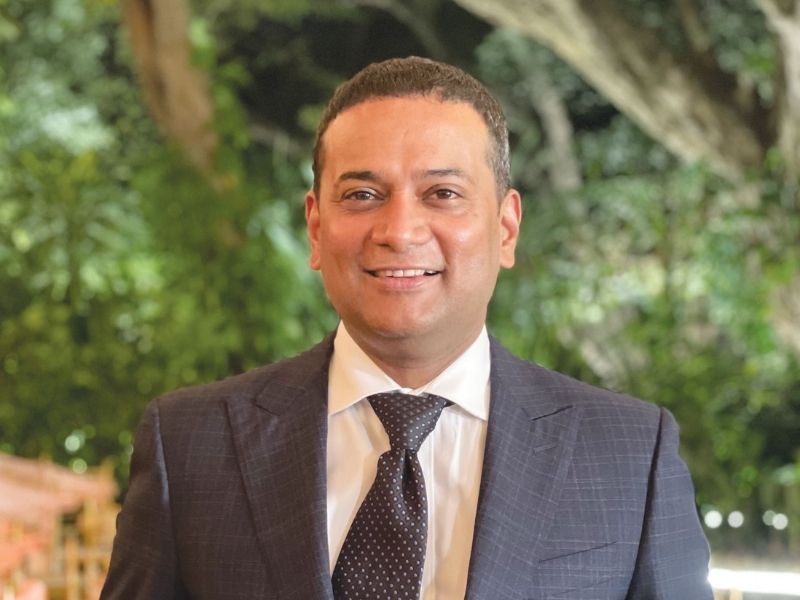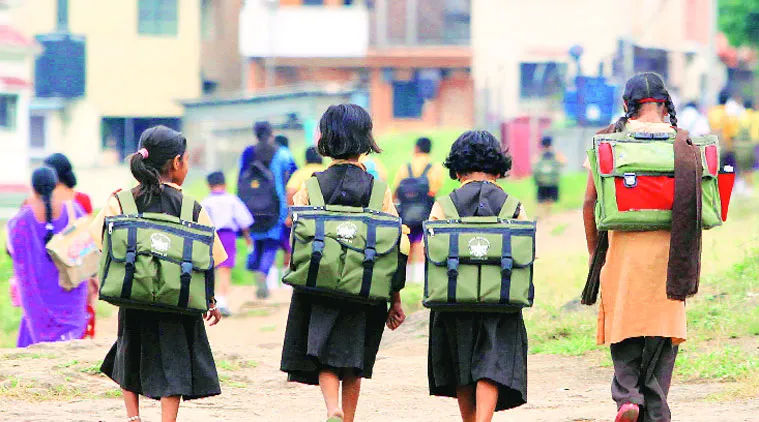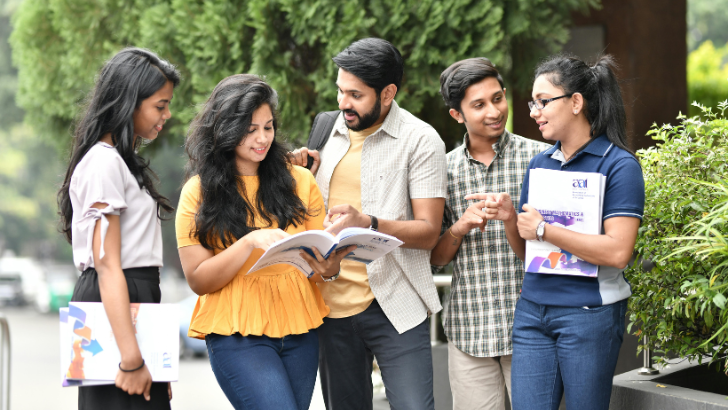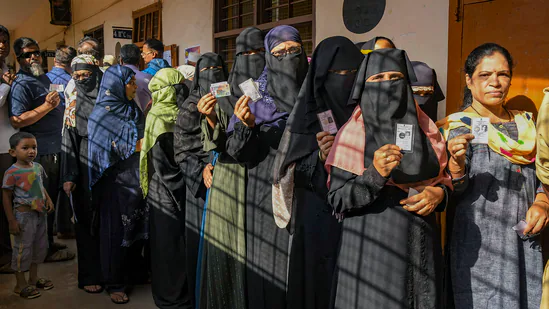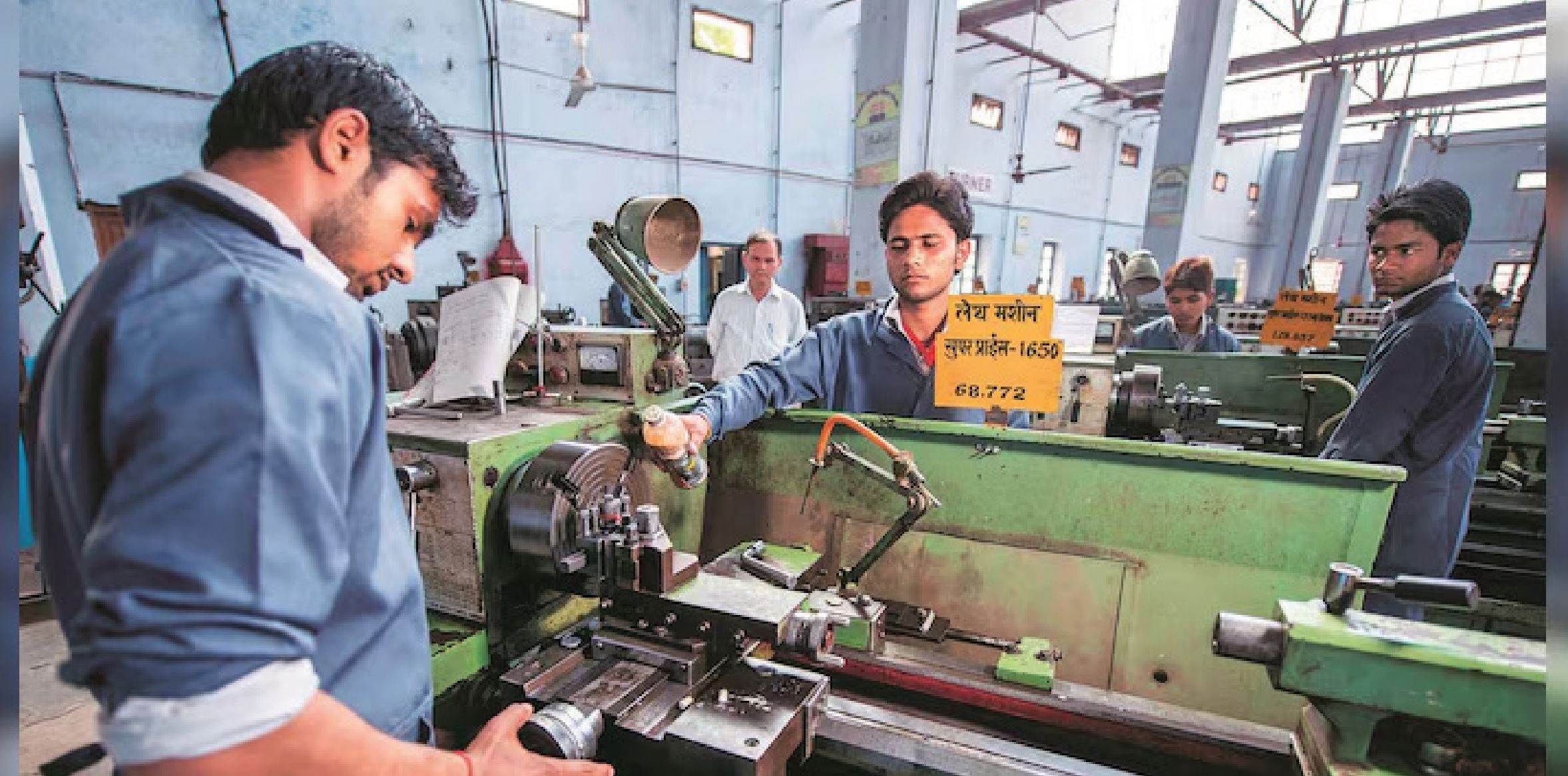Budget 2025: A missed opportunity to address learning crisis
Past digital initiatives have shown that without proper implementation, such schemes fail to create real impact.
-
Instead of flashy announcements, India needs a fair, inclusive, and practical education policy that focuses on real impact
Mansoor Ali Khan
Bengaluru, 1 FEB
The Union Budget 2025 was a chance to tackle the growing
learning crisis and improve student retention. However, instead of addressing
key issues like teacher training, dropout rates, and equitable access, the
government has prioritised projects with little impact at the grassroots
level.
The learning crisis & dropout rates
The 2024-2025 Economic Survey boasts of 93 per cent
enrolment at the primary level, but the reality is stark—only 63.8 per cent of
students stay in secondary school, and this drops to 45.6 per cent at the
higher secondary level. Instead of focusing on remedial education, student
support systems, and curriculum reform, the budget remains fixated on
infrastructure-driven metrics, favouring visible gains over meaningful
progress.
AI & education: Fix the foundation first
The Rs 500 crore allocated for a Centre of Excellence in
AI for education is certainly forward-looking, but it raises an important
question: why prioritise futuristic solutions when basic education needs urgent
attention?
Digital infrastructure without support
Broadband connectivity for all government secondary
schools sounds promising. But what about device availability, teacher training,
and digital literacy programmes? Past digital initiatives have shown that
without proper implementation, such schemes fail to create real impact.
Higher education: Favouring the elite
The government is expanding IITs and adding 6,500 new
seats, but what about the thousands of underfunded public universities and
State colleges that serve the majority of students?
Expanding medical education without support
Increasing 10,000 medical seats this year is the need of
the hour, but where are the faculty, infrastructure, and resources to maintain
quality? If we do not invest in training faculty and improving medical
education standards, we risk producing underqualified doctors.
The way forward
Instead of flashy announcements, India needs a fair,
inclusive, and practical education policy that focuses on real impact.
·
Teacher training and welfare over superficial
reforms
·
Public universities and colleges over exclusive
elite institutions
·
Remedial education over tech-driven optics
Leave a Reply
Your email address will not be published. Required fields are marked *








